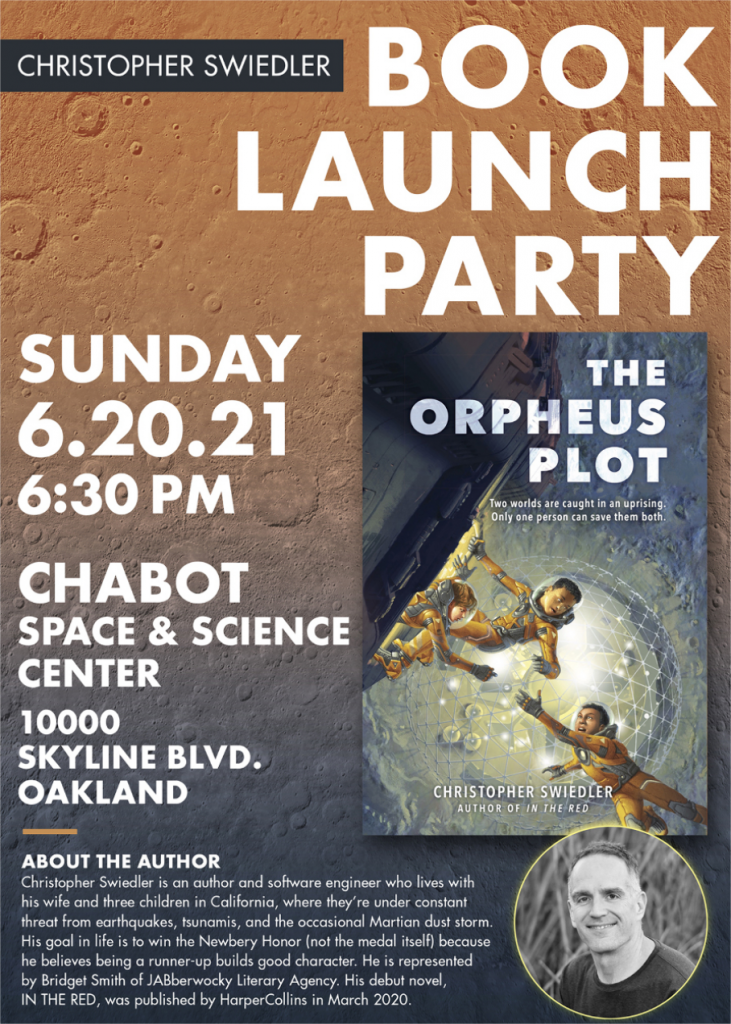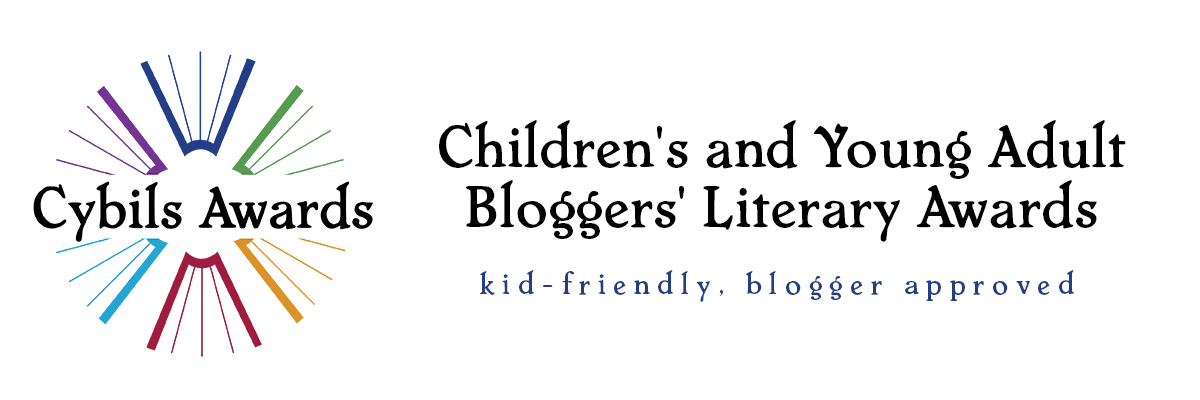My father passed away on March 10th. It wasn’t exactly a surprise, but we didn’t have much time to prepare, either. He started suffering from dementia the previous August, and his condition very quickly deteriorated. The doctors’ best guess is that it was Lewy-Body dementia, but since there’s no specific test to confirm that (at least not prior to death) we don’t know for sure.
The entire course of the disease lasted about seven months. And yet still, something about my dad was very different by the time he died. I believe that if my dad had died suddenly last August, and my father had been able to look down at all of us in the church where his service was held, he wouldn’t have really understood why we were here.
For nearly all of his life, my father had a pain inside of him. Out of that pain came a voice which told him over and over that he couldn’t be loved because there wasn’t anything about him that was worth loving. If he had seen us gathered here, that voice would have told him ‘they’re only getting together because that’s what you do when someone dies — they don’t really mean it.’ If he had overheard us saying how much we would miss him, that voice would have said ‘of course they’re not going to miss you — what about you is there to miss?’
There were certainly levels at which he understood our love. He knew it in his head—he knew that we all loved him. And sometimes he would feel it, too. But always, the feeling was fleeting. Always, there was the voice.
That voice compelled him to continually seek validation. He would sometimes push advice or recommendations on his family and friends, because that voice told him that maybe if someone saw him as a person of wisdom, that maybe then he would be lovable. Or he would make jokes because that voice told him that maybe if he were funny, then perhaps other people would value him as much as he valued them.
I know the sound of that voice, because I hear it too.
That voice wasn’t my father. That voice is not who he was. It was a cancer that had grown inside of him. But by the time he was sixty, that pain and that voice were so twisted up that it was sometimes hard to see where they stopped and the real Ed Swiedler began.
Then, just in the last six months, something changed. I don’t know why — maybe it was confronting his own mortality, or maybe it was from talking with all of you in the hospital — but that voice went silent.
Everyone who visited him saw it, even if they didn’t know what they were seeing. They talked about how relaxed he was, how peaceful he seemed. Not just peaceful with the possibility of his own death, but peaceful with himself and who he was.
They talked about how funny he was and how his wit seemed to come out of nowhere. He would see something about the world that made him laugh, and he would just point it out. If you thought it was funny too, then you and he could laugh together. If you didn’t — well, too damn bad. He thought it was funny.
Ed Swiedler was there. The voice was not.
Over the last few months, we were given a gift. We were able to see my father for who he was: someone who loved himself and accepted himself, and who could love others and accept that others loved him. That gift is something that I will always treasure.
And so I believe that if my father was able to watch us at St. David’s Church on March 15th, 2017—if he could see us all gathered together in his memory—I believe that he understood why we were there.

